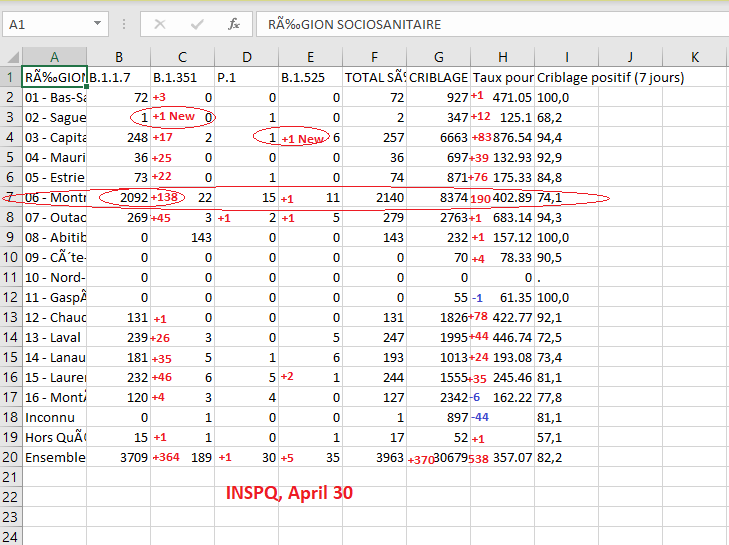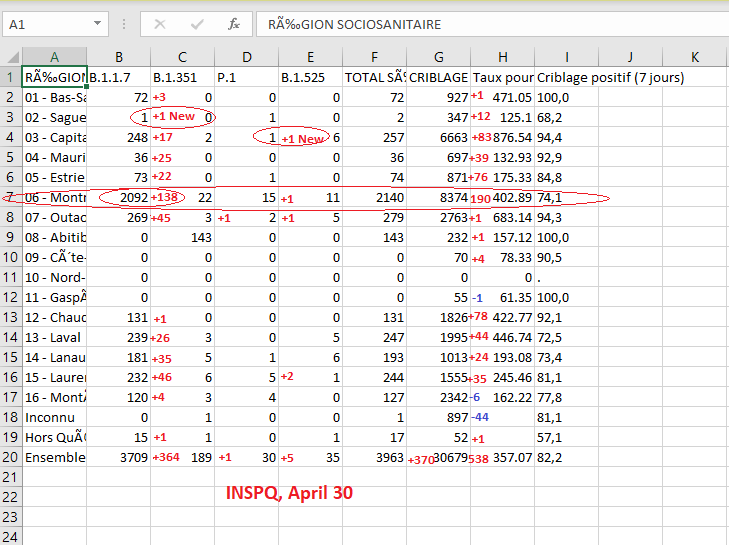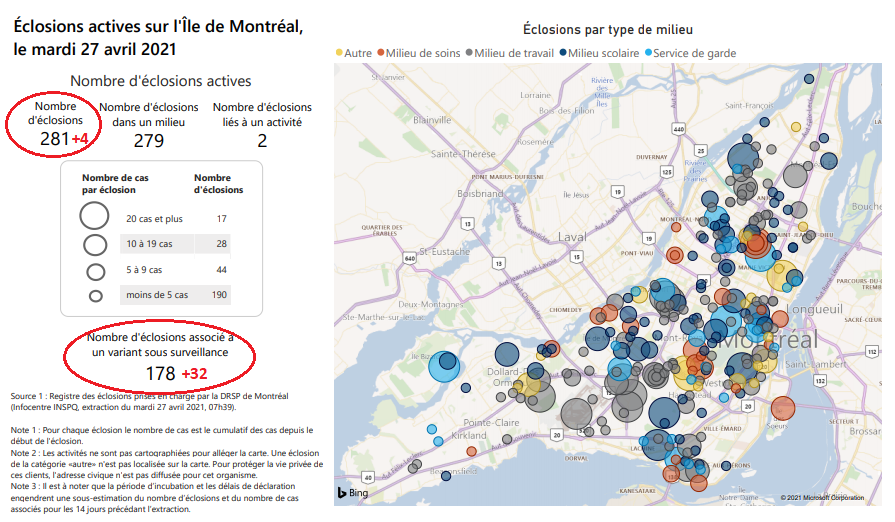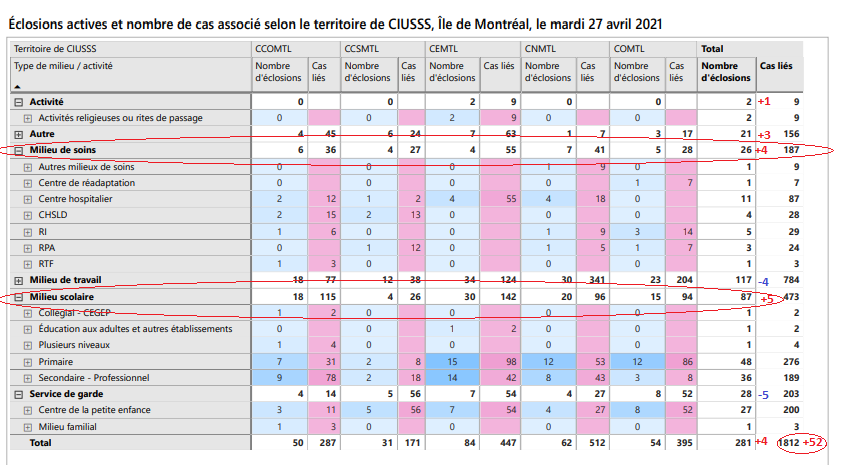
1) Happy Holidays, everyone! Although I will be returning to work on Jan. 4, I wanted to underscore the seriousness of this, the 5th wave of the #COVID19 pandemic in Quebec. In this thread, I will focus on rising hospitalizations among the doubly-vaccinated.
2) First, I can’t emphasize enough the importance of getting vaccinated against #COVID19. The non-vaccinated are nearly 15 times more likely to be hospitalized with #COVID in Quebec than those who have received two shots. But it’s become clear even two shots may not be enough.
3) As the chart below shows, on Nov. 18, the province recorded 17 new #COVID19 hospitalizations. Of that number, a dozen were among the non-vaccinated or those who got a first dose. But five individuals were hospitalized despite two doses. Who were those five? 

4) Those five individuals were likely in their late 70s with pre-existing medical conditions and had received their second #COVID19 doses in May or June. Although the life-saving shots are highly effective, research has shown that vaccine immunity wanes over time.
5) In contrast, the most recent chart, dated Dec. 18, reveals that the number of new hospitalizations among those who received two doses jumped to 21. That compares with 38 hospitalizations among the unvaccinated or those that got only one dose. 

6) The data suggest that not only are hospitalizations rising among Quebecers who have received two doses, but this group’s percentage of the total number of hospitalizations is rising, too. So was is the impact on intensive care?
7) A month ago, 25 Quebecers who were doubly vaccinated sadly ended up in the ICU during a 28-day period, compared with 70 who were not. Now, a month later, it’s 68 Quebecers doubly vaxxed who ended up in the ICU, compared with 105 who were not.
8) As my @mtlgazette colleague Steve Faguy (@fagstein) pointed out today, “hospitalizations are up 20% in two days. There are 27% more in ICU than two days ago. If these were to continue, hospital capacity would be exhausted in 10 days.”
9) Faguy’s astute warning follows projections this week by the Institut national d'excellence en santé et en services sociaux (INESSS) predicting “a marked increase in the number of daily hospitalizations over the next few weeks.”
10) On Saturday, Premier François Legault disclosed that about 20% of recent screened #COVID samples turned out to be the super contagious Omicron variant of concern — much higher than authorities expected. This aerosolized variant is likely driving Quebec’s fifth wave.
11) The implications of this fifth wave are two-fold: Quebecers must return en masse to #PhysicalDistancing and avoid large gatherings. The government must also mobilize even more quickly to deliver the third booster shots to the adult population.
12) At the same time, it’s worth pointing out that many people in developing nations haven’t even received their first shots. Such is the horrific imbalance of this #pandemic on its second anniversary. End of thread. Stay safe, everyone.
• • •
Missing some Tweet in this thread? You can try to
force a refresh










